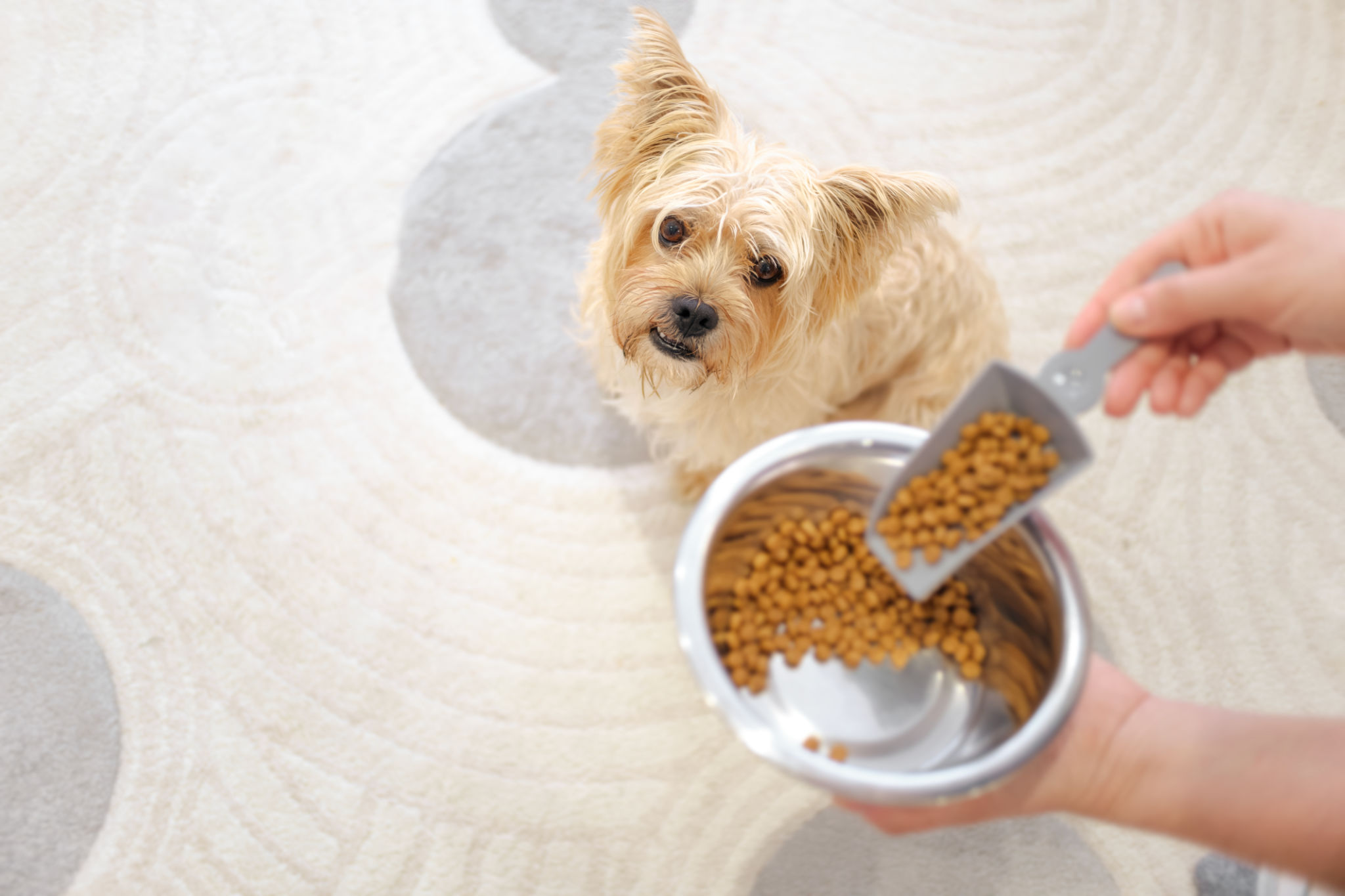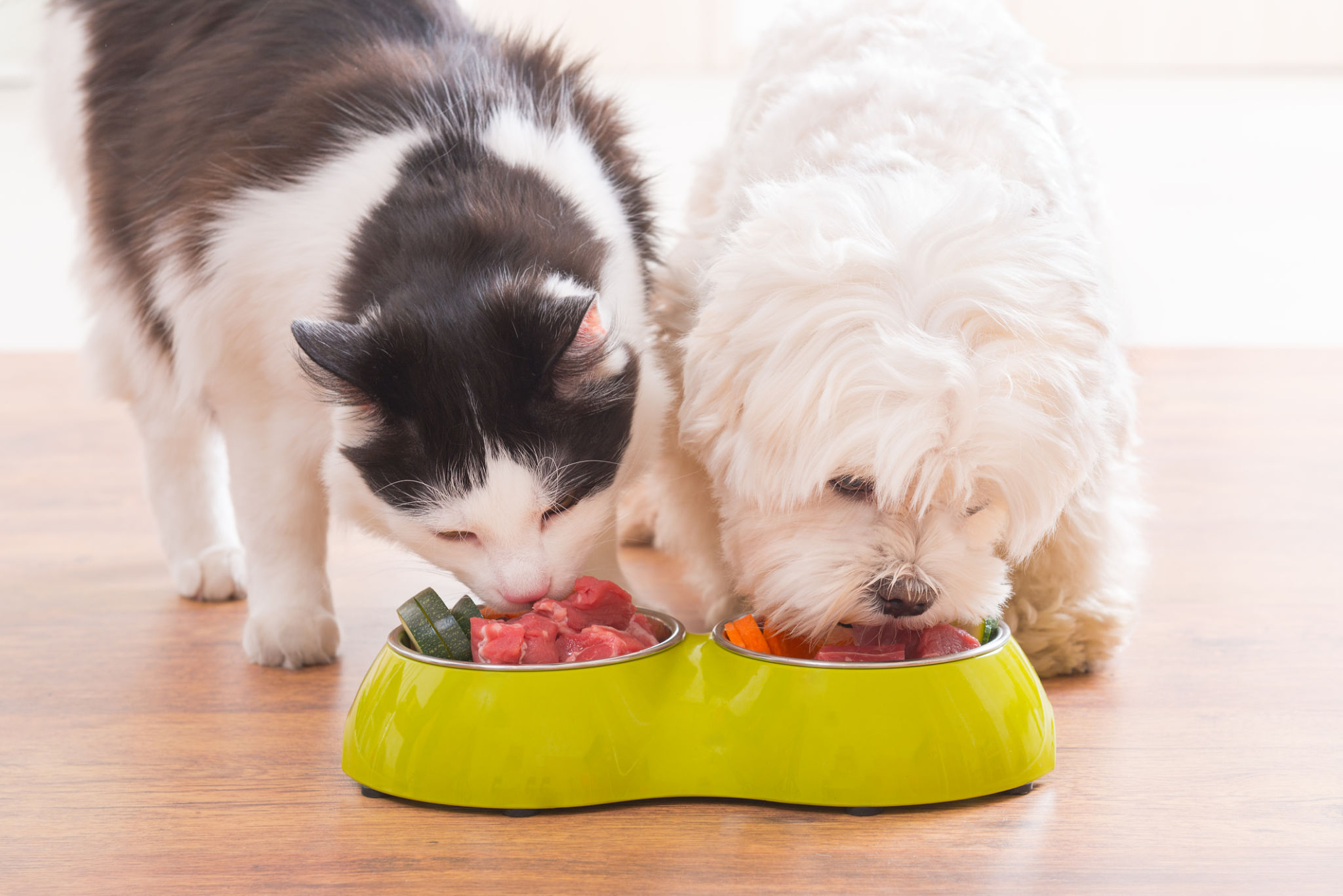Pet Nutrition Myths: What Every Pet Owner in Vilnius Should Know
Vl
Understanding Pet Nutrition Myths
As a pet owner in Vilnius, you want the best for your furry companions. However, with so much information floating around, it can be challenging to distinguish between fact and fiction, especially when it comes to pet nutrition. In this blog post, we will debunk common myths and provide you with the essential knowledge to ensure your pets lead healthy and happy lives.

Myth 1: All Human Food is Safe for Pets
Many pet owners believe that if food is safe for humans, it's also safe for pets. However, this is a misconception. Certain foods, like chocolate, grapes, and onions, can be toxic to pets. It's crucial to research and understand which human foods are harmful to avoid accidental poisoning.
Instead, focus on providing a balanced diet specifically formulated for your pet's species and age. Consult your veterinarian for recommendations on the best commercial pet foods or homemade diet plans that meet nutritional requirements.
Myth 2: Grain-Free Diets are Best for Pets
The trend of grain-free diets has gained popularity among pet owners, but it's important to note that grains are not inherently bad for pets. In fact, grains can be a valuable source of nutrients like fiber and energy. Some pets may have specific allergies or sensitivities, but for the majority, grains are a healthy part of their diet.

Before switching your pet to a grain-free diet, consult with a veterinarian to ensure it's the right choice for your pet's specific health needs.
Myth 3: Raw Diets are Superior
Raw diets have been touted as the most natural and beneficial option for pets. However, they come with risks such as bacterial contamination and nutritional imbalances. Preparing a raw diet requires careful planning and strict hygiene practices to ensure it is safe and complete.
If you're considering a raw diet for your pet, it is essential to consult with a veterinary nutritionist to avoid potential health risks and ensure all nutritional needs are met.

Myth 4: Supplements are Always Necessary
While supplements can be beneficial in certain situations, they are not always necessary for every pet. If your pet is on a well-balanced diet, additional supplements might not be needed and could even disrupt their dietary balance.
Always consult with a veterinarian before adding any supplements to your pet's diet. They can assess whether supplements are necessary based on your pet's individual health requirements.
Conclusion
Navigating the world of pet nutrition can be daunting with so many myths circulating. As a responsible pet owner in Vilnius, it's important to base dietary choices on scientific evidence and professional guidance. By debunking these common myths, we hope to help you make informed decisions that will contribute to the well-being of your beloved pets.
